Apple, Google and two other Silicon Valley tech companies have agreed to pay out $415 million to settle an anti-trust class action lawsuit alleging so-called "no-poach" measures artificially suppressed employee salaries.
The agreed upon amount was made public on Thursday after a court filing earlier this week revealed Apple, Google, Intel and Adobe had reached new settlement terms. An official number was unavailable at the time, but a preliminary motion to settle filed in court today detail a $415 million.
Defendants agreed to a smaller $324.5 million settlement last April, but Judge Lucy Koh rejected the offer after hearing objections from named plaintiff Michael Devine, saying Apple and others should "pay their fair share."
Judge Koh's initial rejection was based in part on a prior settlement reached by codefendants Intuit, Pixar, and Lucasfilm, which settled out of court for $20 million. In total, the class will receive some $435 million, though a portion will go to legal fees.
Employees working for Apple, Google and other Silicon Valley tech firms sued their employers over alleged anti-poaching mandates enacted by executives, including late Apple cofounder Steve Jobs. The complaint said defendants effectively put a cap on salaries by employing various no-poach tactics like "do not call" lists, emails and intra-office communications.
Also of note is a U.S. Department of Justice investigation and lawsuit over the same supposed anti-competitive agreements entered into by Apple and Google. The companies settled out of court in 2010.
 Mikey Campbell
Mikey Campbell
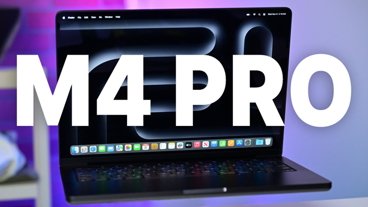


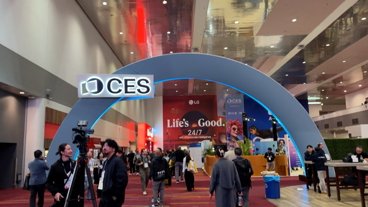



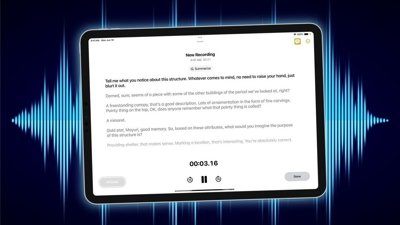
 Charles Martin
Charles Martin
 Wesley Hilliard
Wesley Hilliard
 Amber Neely
Amber Neely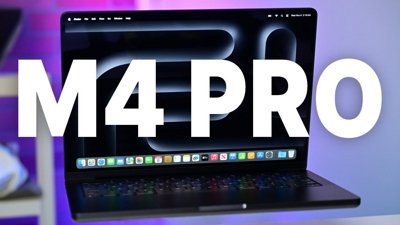
 Christine McKee
Christine McKee
 Marko Zivkovic
Marko Zivkovic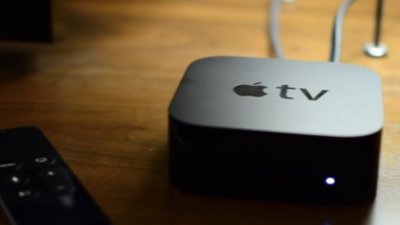
 Malcolm Owen
Malcolm Owen
 Oliver Haslam
Oliver Haslam
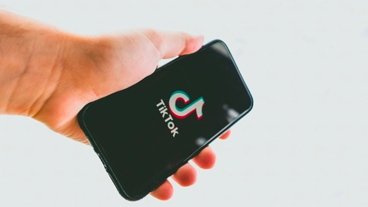
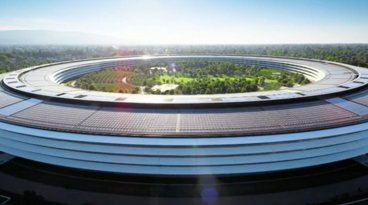





12 Comments
If the lawyers get the standard 33%, it works out to a bit over $4,000 per plaintiff.
But I would guess the colluders suppressed wages by $20,000 per person, per year.
While it should be frowned upon to limit the competitive power that employees have between Tech companies. I can fully understand why companies as secretive as the tech industry aren't keen to have employees fluidly moving between businesses. The potential disruption to competitive advantage, business operations and brain drain is worth so much more than the value of this settlement. Indeed I don't think the motivation of these companies was to limit employee pay. It looks like apple et. al. will need to start using stock options to ensure that important staffers don't run off to the competition mid project, and start creating more legal activity based on non-compete clauses.
I guess poaching is good now. My fried bread would agree.
It should be mentioned that this is a vastly smaller figure than was originally sought, some $9 billion. I think these companies made out pretty good here and of course people need to realize that the only winners in class-action suits are lawyers.
What's the take per employee, compared to the take per lawyer? This case epitomizes everything that's wrong with class action lawsuits.